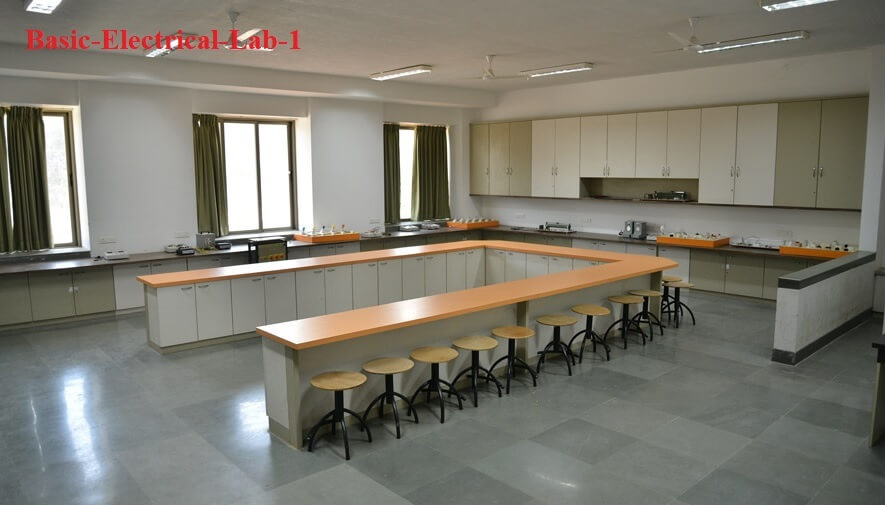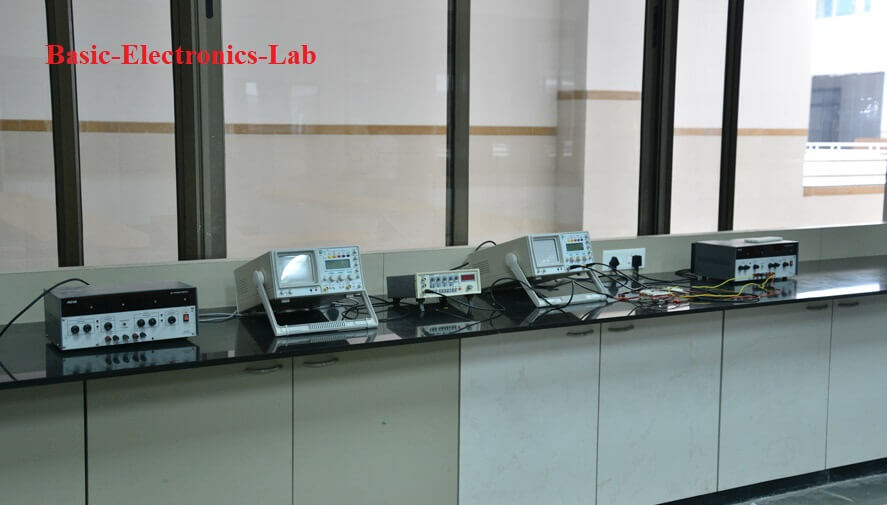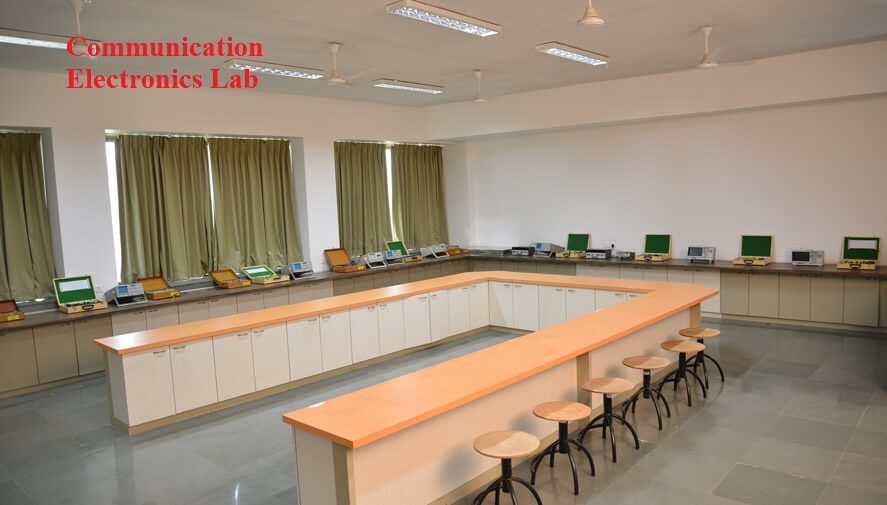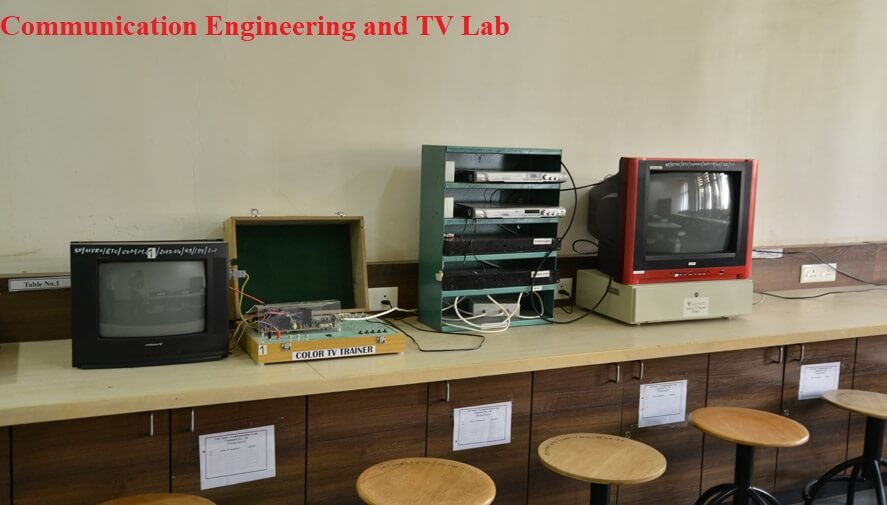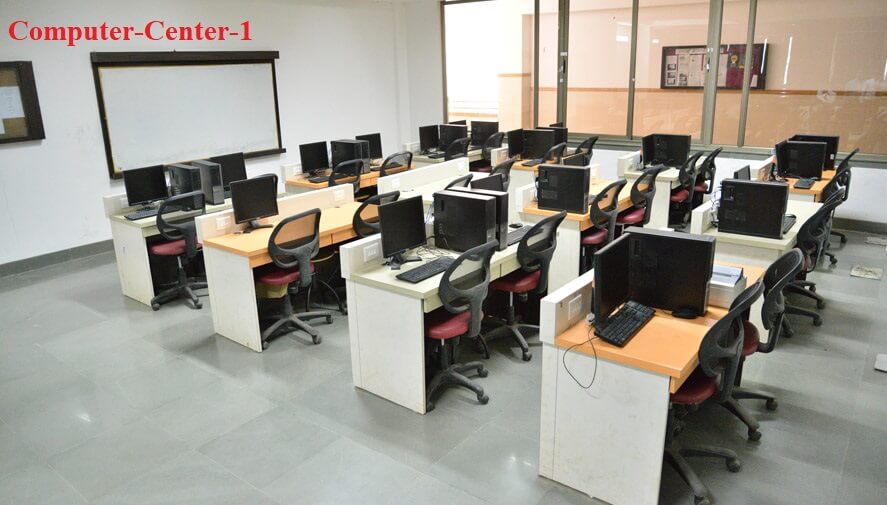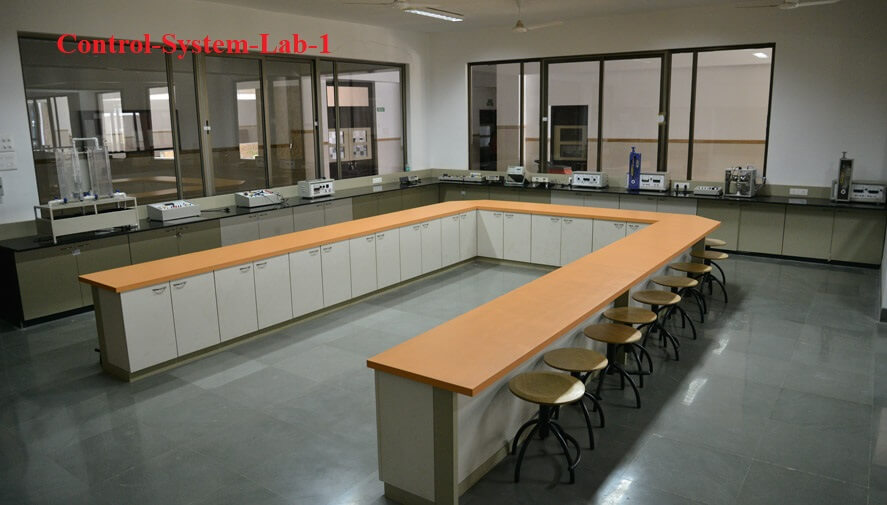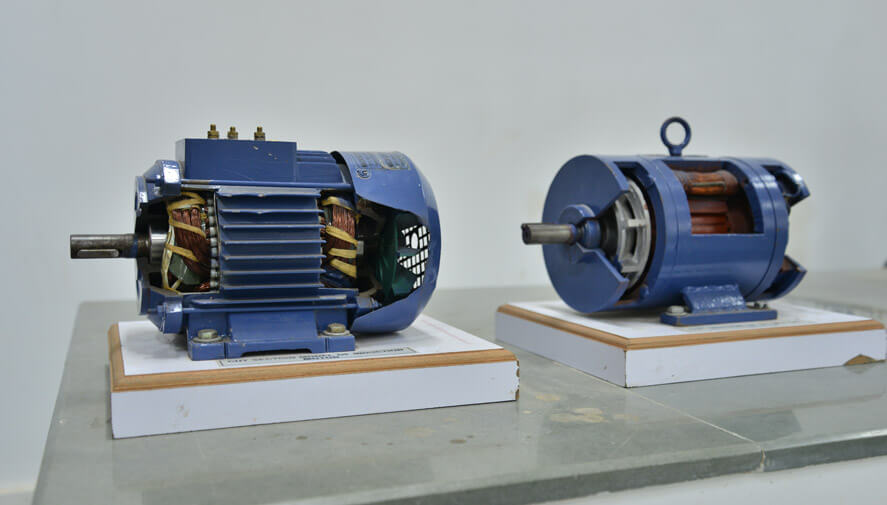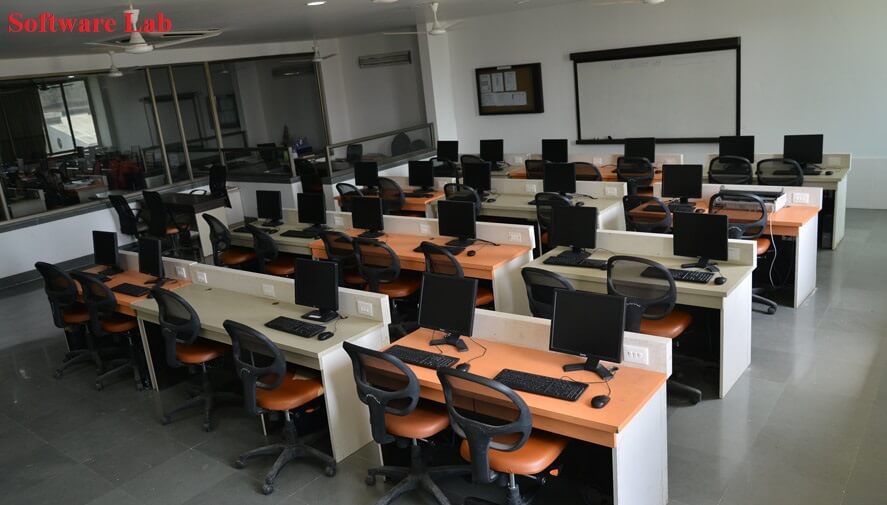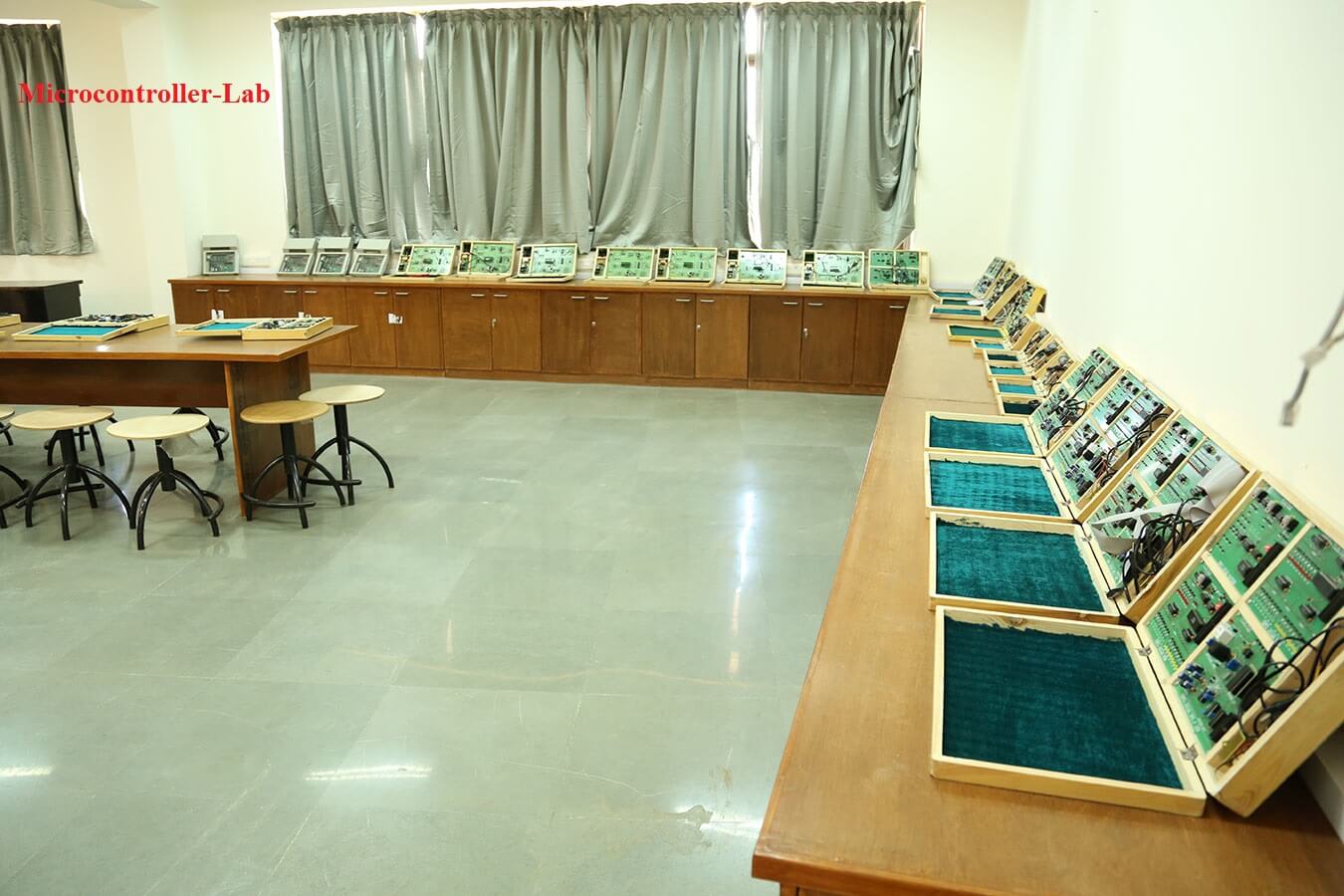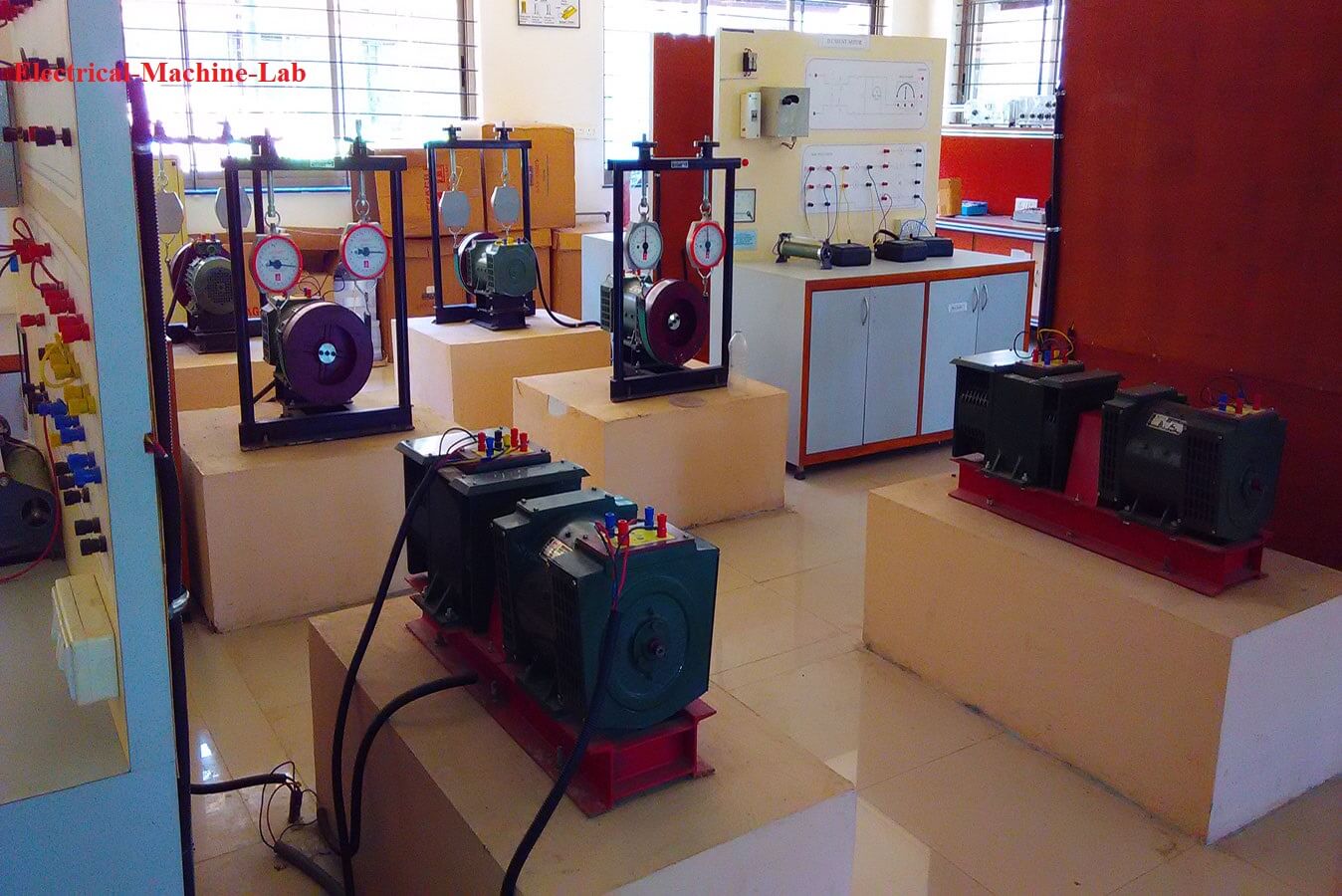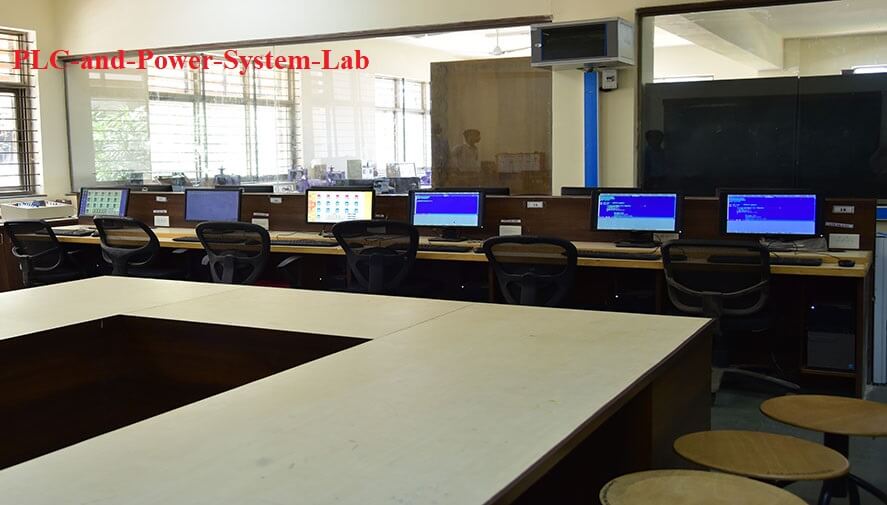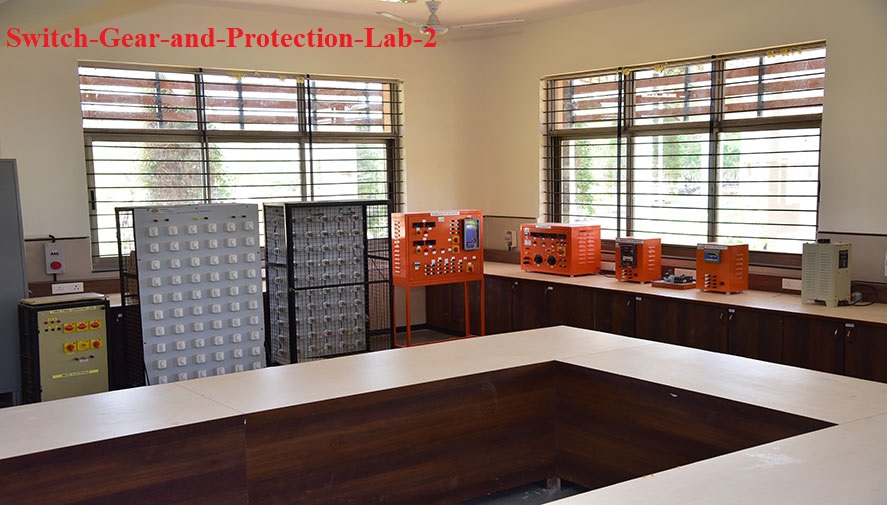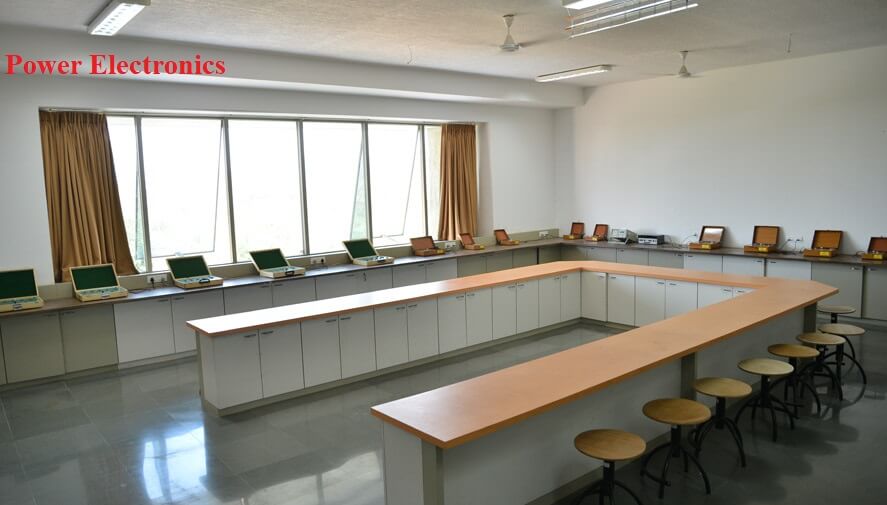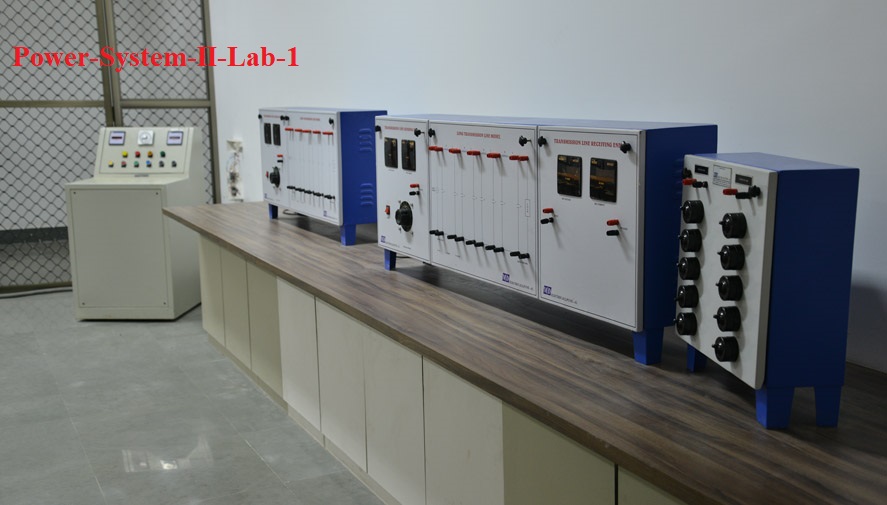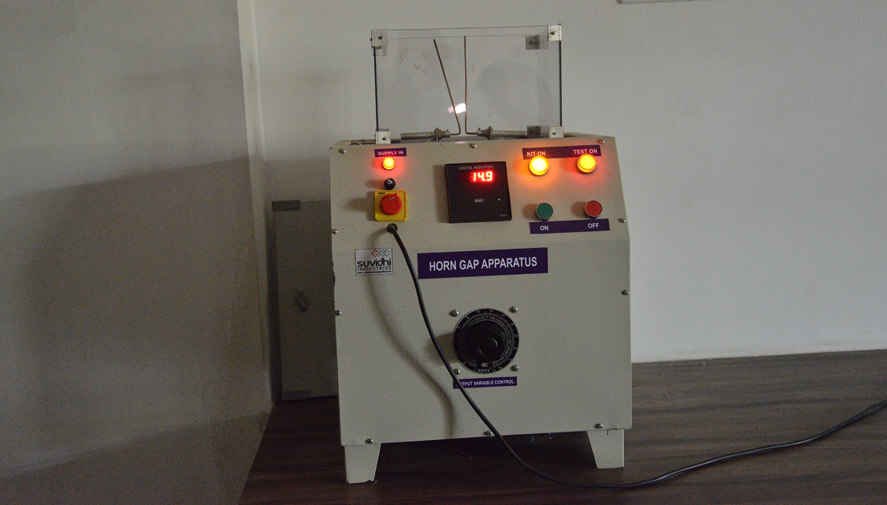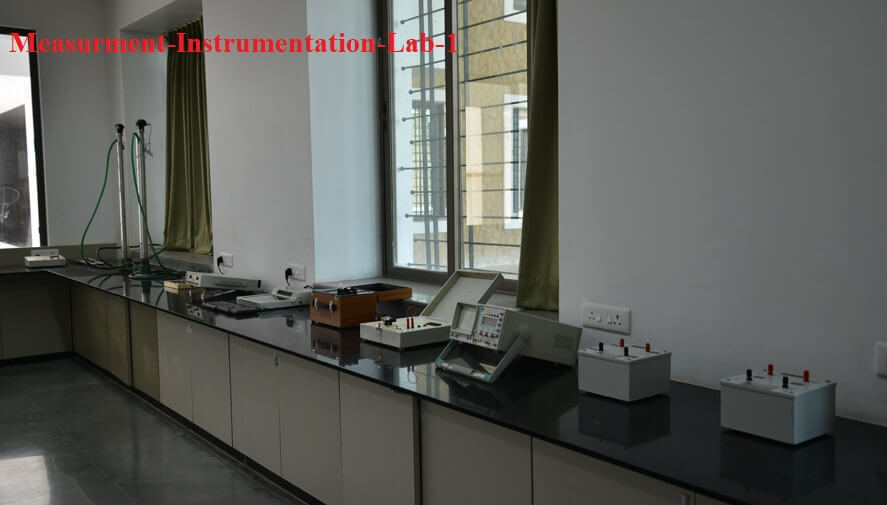About Electronics & Telecommunications Engineering
Career Opportunities in Electronics & Telecommunications Engineering

Telecom Engineer
Telecom engineers are tasked with designing communication systems, optical cables, telephone networks, and service equipment. They also have to conduct cutting-edge research to build the latest tech in telecommunication.

Electronic Design Engineer
Electronic design engineers are responsible for studying consumer needs and designing electronic equipment based on consumer demand. They also have to ensure that the equipment is safe and durable for consumer use.

Technical Director
A technical director is employed by an organisation to oversee the organisation’s technical strategies regarding telecommunications. They play a prominent role in the growth and development of an organisation in the long run.

Network Planning Engineer
A network planning engineer is tasked with planning, designing, and maintaining the communications network within an organisation. They ensure that the network is running smoothly and efficiently for optimal company success.
Fee Structure & Eligibility
| Programme | Sem | Year | Mode | Eligibility | Academic Fees Per Year (INR) |
Special Fees (Incl. Library Fee & Examination Fees) Per Year (INR) |
Fees Per Year |
|---|---|---|---|---|---|---|---|
School of Engineering & Technology (UG) |
|||||||
| B.Tech. (Electronics & Telecommunication) | 8 | 4 | Sem | Passed 10+2 examination with Physics/ Mathematics / Chemistry/ Computer Science/ Electronics/ Information Technology/ Biology/ Informatics Practices/ Biotechnology/ Technical Vocational subject/ Agriculture/ Engineering Graphics/ Business Studies/ Entrepreneurship as per table 8.4 Agriculture stream (for Agriculture Engineering) Obtained at least 45% marks (40% marks in case of candidates belonging to reserved category) in the above subjects taken together OR Passed min. 3 years Diploma examination with at least 45% marks (40% marks in case of candidates belonging to reserved category) subject to vacancies in the First Year, in case the vacancies at lateral entry are exhausted. (The Universities will offer suitable bridge courses such as Mathematics, Physics, Engineering drawing, etc., for the students coming from diverse backgrounds to prepare Level playing field and desired learning outcomes of the programme). |
Rs. 1,00,000 /- | Rs. 10,000 /- | Rs. 1,10,000/- |
School of Engineering & Technology (UG-Lateral Entry) |
|||||||
| B.Tech. (Electronics & Telecommunication) | 6 | 3 | Sem | Passed Minimum Three years/Two years (Lateral Entry) Diploma examination with at least 45% marks (40% marks in case of candidates belonging to reserved category) in Any branch of Engineering and Technology. OR Passed B.Sc Degree from recognised University as defined by UGC, with at least 45% marks (40% marks in case of candidates belonging to reserved category) and passed 10+2 examination with Mathematics as a subject. OR Passed D.Voc. Stream in the same or allied sector. (The Universities will offer suitable bridge courses such as Mathematics,Physics,Engineering drawing etc, for the students coming from diverse backgrounds to achieve desired learning outcomes of the programme) Refer table 1.10 of Appendix-1 |
Rs. 1,00,000 /- | Rs. 10,000 /- | Rs. 1,10,000/- |
Note:
- Admission Form and Prospectus Rs. 1000/- (One Time).
- Caution Money Rs. 1000/-
- Hostel Fees Rs. 1,10,000/- per annum + 5000 (Deposit Rs 5, 000 at the time of Admission only on refundable basis) Minimum 4 Occupancy
- Transportation Fees as applicable based on Route and Pick Up Point.
- Uniform Cost Rs. 6000/-









